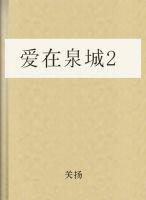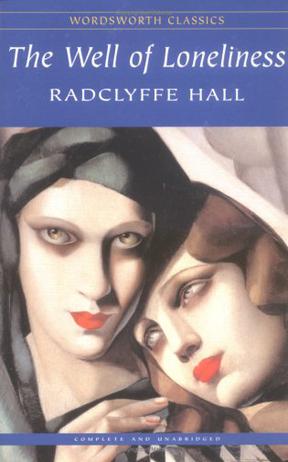The Well of Loneliness
Radclyffe Hall
Book Description
Stephen is an ideal child of aristocratic parents - a fencer, a horse rider and a keen scholar. Stephen grows to be a war hero, a bestselling writer and a loyal, protective lover. But Stephen is a woman, and her lovers are women. As her ambitions drive her, and society confines her, Stephen is forced into desperate actions. It was banned for obscenity in 1928. It became an international bestseller, and for decades was the single most famous lesbian novel.
From Booklist
Hall (1880-1943) was legendary in her own time--or infamous, some might say--for her fifth novel, The Well of Loneliness (1928). The book was banned for obscenity because its main character is a lesbian, and it subsequently became a notorious best-seller, thrusting Hall into a literary rogues' gallery of fame. Cline uses previously unexplored material to create a biography of the now largely forgotten author that portrays the dense interrelationship of her writings, her childhood, and her friends and loves. Hall called herself by three names: Marguerite, the name with which she had been christened and which she hated, given as it was by the mother she despised; John, her chosen name, which she used among her associates; and Radclyffe, her pen name. The three often enigmatic selves these names indicated formed her public and private personae. The roots giving rise to her international lesbian best-seller are traceable to her early adolescent loves as well as her affairs with married sculptor Una Troubridge and many others--matters that Cline presents in a lively and readable style.
Whitney Scott
From 500 Great Books by Women; review by Heather Downey
The Well of Loneliness is a path-breaking novel. Published by Radclyffe Hall herself in 1928, it was immediately banned in Britain due to its lesbian theme and was allowed in the United States only after a long court battle. Once it was available, The Well of Loneliness sold more than 20,000 copies its first year and paved the way for other works with lesbian themes. The novel concerns a girl born into a wealthy English family at the turn of the century and named Stephen by her father who desperately wanted a boy. Practically from birth, Stephen is described as "different," yet while Radclyffe Hall delivers the powerful message that lesbianism is natural, she also asks the reader to have pity on Stephen Gordon, for, along with the popular psychoanalysts of her day, Radclyffe Hall describes lesbianism as an "inversion." The "terrible mark of Cain" compels Stephen to forsake the woman she loves to protect her from a life of ostracism. This message, along with Radclyffe Hall's portrayal of lesbians in stereotypical "butch" and "femme" roles, caused the book to be written off by feminists in the late 1970s and early 1980s. In addition, many readers today may find the language long-winded and the characters one-dimensional, with the exception of the thinly-veiled portrait of the author as Stephen Gordon. Nonetheless, The Well of Loneliness is worth reading because it shattered the silence of oppression and conveys a message about homophobia and internalized shame relevant to lesbians even today.
Book Dimension :
length: (cm)19.8 width:(cm)12.6





